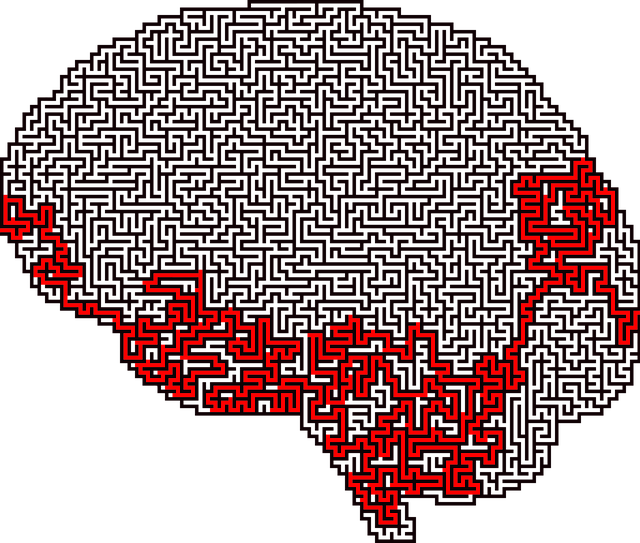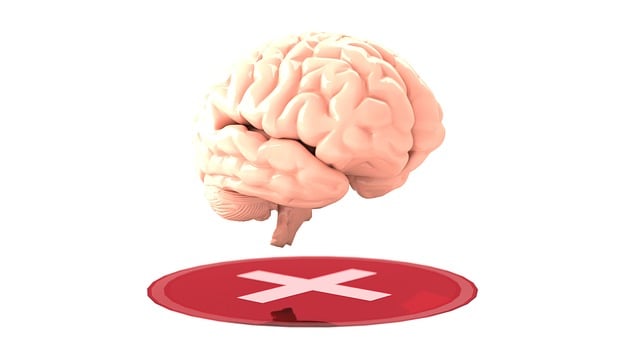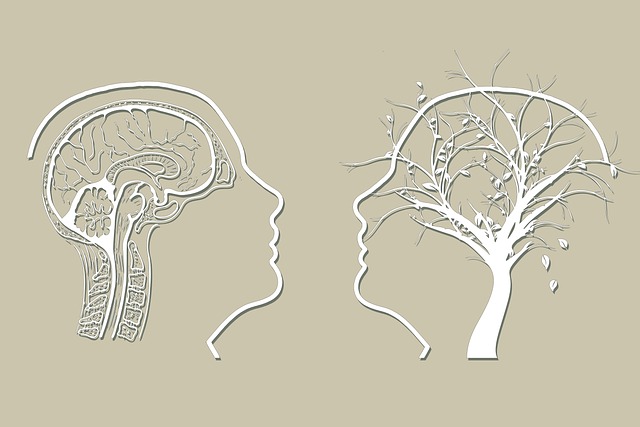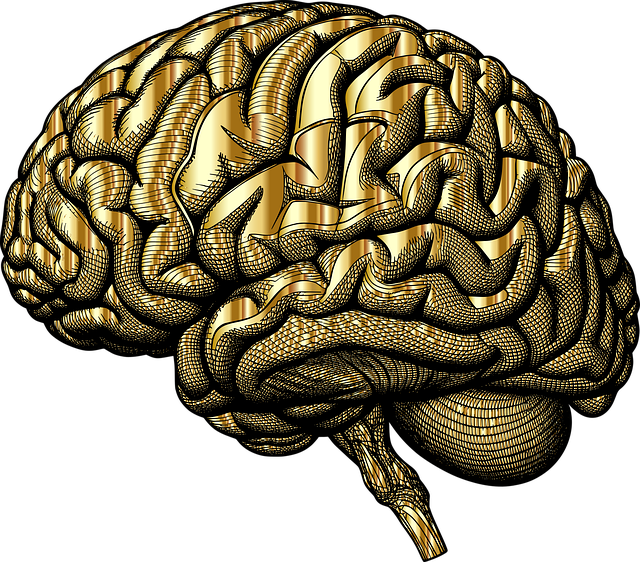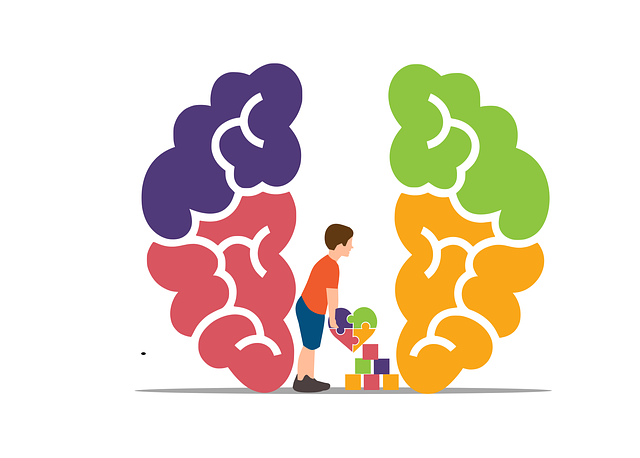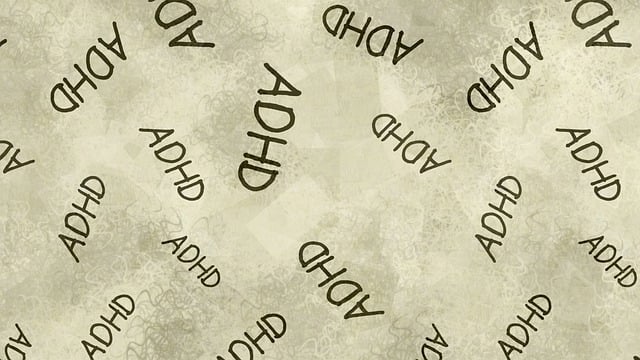Cultural competency is essential in healthcare, especially when treating young children with Obsessive Compulsive Disorder (OCD). Understanding cultural differences helps providers tailor care, build trust, and improve patient outcomes. Training in cultural sensitivity enhances the incorporation of traditional healing methods, community involvement, emotional intelligence, and stress reduction techniques. Addressing healthcare provider biases through mental health education focused on cultural competency is crucial for effective OCD therapy in pediatric patients. Real-life case studies demonstrate the positive impact of culturally sensitive approaches, showcasing successful strategies tailored to individual cultural needs for improved outcomes.
Cultural competency training is an essential aspect of modern healthcare, especially when treating diverse populations. This article explores the significance of cultural sensitivity in mental health care, with a specific focus on young children diagnosed with Obsessive-Compulsive Disorder (OCD). We delve into the impact of unaddressed cultural biases on diagnosis and treatment, presenting strategies for healthcare providers to overcome barriers. Through case studies, we demonstrate effective cultural competent care, highlighting the importance of training in therapy for young OCD patients.
- Understanding Cultural Competency in Healthcare for Diverse Populations
- The Impact of Cultural Biases on Diagnosis and Treatment of OCD in Children
- Strategies for Training Healthcare Providers to Address Cultural Barriers
- Case Studies: Effective Cultural Competent Care for Young OCD Patients
Understanding Cultural Competency in Healthcare for Diverse Populations

Cultural competency in healthcare is crucial when serving diverse populations, ensuring effective communication and quality care for all patients. This involves understanding and appreciating cultural differences, traditions, and beliefs that may shape an individual’s health practices and perspectives. For instance, when treating young children with Obsessive Compulsive Disorder (OCD), healthcare providers must be culturally sensitive to the family’s unique approach to coping and support mechanisms. Some cultures emphasize community involvement and traditional healing methods, while others prefer more conventional therapy approaches.
Training in cultural competency enhances professionals’ ability to provide tailored care, fostering a sense of trust and comfort for patients from various backgrounds. This includes learning about inner strength development, emotional intelligence, and stress reduction methods that resonate with diverse communities. By incorporating these aspects into practice, healthcare providers can create an inclusive environment, improve patient outcomes, and contribute to overall well-being, especially when addressing mental health conditions like OCD in young children.
The Impact of Cultural Biases on Diagnosis and Treatment of OCD in Children

Cultural biases among healthcare providers can significantly impact the diagnosis and treatment of Obsessive Compulsive Disorder (OCD) in young children. Stereotypes and preconceived notions about mental health conditions often stem from cultural norms and personal experiences, leading to variations in how OCD is understood and managed across different communities. For instance, some cultures may view OCD as a sign of moral weakness or spiritual possession, while others might attribute it to a lack of family discipline. These differing perspectives can result in delayed diagnoses or misaligned treatment plans, hindering the effectiveness of therapy for young children suffering from OCD.
Mental health education programs designed with cultural competency in mind are crucial in addressing these biases. By integrating diverse cultural perspectives into the curriculum and training healthcare professionals to recognize and navigate these differences, we can improve mental health policy analysis and advocacy at all levels. This approach fosters a more inclusive environment where families feel empowered to seek help without fear of stigma or misunderstanding. Consequently, it promotes positive thinking about mental health care, ensuring that every child receives tailored therapy for their specific needs.
Strategies for Training Healthcare Providers to Address Cultural Barriers

Training healthcare providers to overcome cultural barriers is an essential aspect of delivering effective treatment, especially when addressing mental health issues like Obsessive Compulsive Disorder (OCD) in young children. A comprehensive strategy should incorporate various methods to ensure a deep understanding and sensitivity to diverse cultures. One effective approach is to emphasize cultural humility, encouraging providers to actively listen to patients’ stories, value their perspectives, and adapt their communication styles accordingly.
The Mind Over Matter Principles can serve as a guiding framework for this training. Incorporating Mental Wellness Journaling Exercises can empower providers to reflect on their own biases and experiences, fostering self-awareness. Additionally, teaching Self-Care Routine Development for Better Mental Health is vital; it helps healthcare professionals maintain resilience, enabling them to provide consistent, culturally sensitive care over time. These practices collectively contribute to creating an inclusive therapeutic environment for children from various cultural backgrounds struggling with OCD.
Case Studies: Effective Cultural Competent Care for Young OCD Patients

Case studies offer a powerful tool to illustrate effective healthcare provider cultural competency training in action, particularly when addressing mental health concerns like Obsessive Compulsive Disorder (OCD) in young children. By studying real-life scenarios, professionals can gain valuable insights into culturally sensitive approaches that enhance therapy for young children with OCD. These case studies highlight the importance of tailoring treatment plans to match the unique cultural backgrounds and needs of each patient.
For instance, a study might focus on a healthcare provider who successfully utilizes stress management techniques alongside traditional cognitive-behavioral therapy (CBT) to treat a young patient from a minority ethnic group. Through this approach, the provider not only addresses the child’s OCD symptoms but also incorporates cultural elements that foster trust and understanding, leading to improved treatment outcomes. This demonstrates how integrating cultural competency training into mental health care can significantly contribute to effective stress reduction methods for young individuals dealing with OCD.
Cultural competency training is a vital tool in enhancing healthcare access and outcomes for diverse populations, particularly when addressing mental health conditions like Obsessive Compulsive Disorder (OCD) in young children. By recognizing and mitigating cultural biases, healthcare providers can offer effective therapy tailored to each patient’s unique background. The strategies outlined in this article provide a solid framework for improving cultural competent care, as illustrated by successful case studies. Embracing these approaches ensures that all children, regardless of their cultural or ethnic identity, receive the best possible treatment for OCD.


